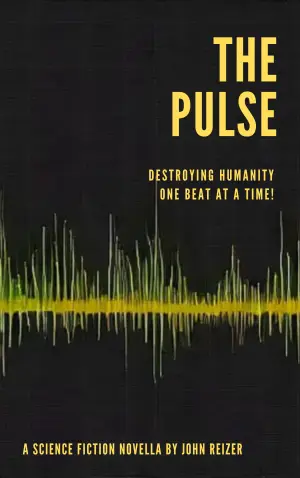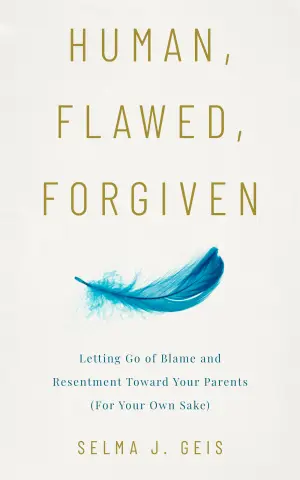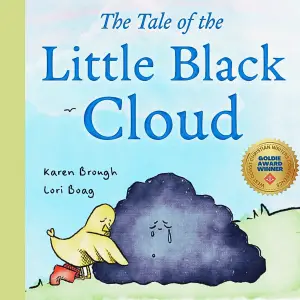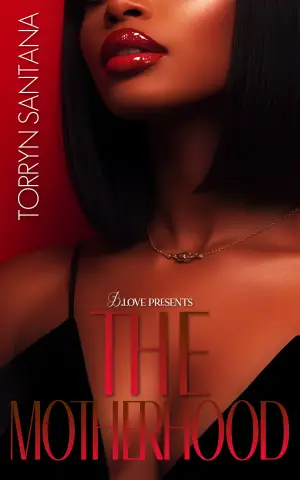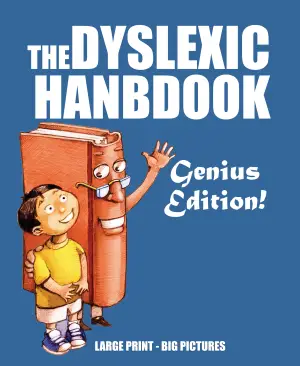A Quirky Reflection on Ling Ma’s Severance
When I first stumbled upon Severance, I was curious about how a book about an apocalyptic scenario could perhaps echo the peculiarities of our current zeitgeist. Ling Ma’s novel captured my attention not just for its intriguing premise but also for its exploration of millennial life wrapped in a wry, satirical packaging. As someone who often reflects on routine and purpose—especially in the wake of a pandemic—I found myself excited to dive into the world of Candace Chen, a millennial navigating both personal and societal upheaval.
At its core, Severance is more than just an apocalyptic tale; it’s a contemplative exploration of identity, routine, and the existential crises that often accompany adulthood. Candace, who works at a publishing firm in New York, is entrenched in her mundane office life even as a plague known as Shen Fever begins to engulf the city. What’s fascinating is that this isn’t your typical survival narrative. Instead, we’re treated to a character who flounders in the waves of corporate monotony, illustrating how often we cling to the familiar—even in the face of collapse.
One of the standout aspects of Ma’s writing is her vivid portrayal of modern alienation. Candace photographs an eerily deserted New York City as the anonymous blogger NY Ghost, underpinning her detachment from the chaos around her. It’s a poignant reflection on how we can become so engrossed in our routines that we fail to acknowledge our own disconnection. The way Ma layers Candace’s personal history with her family’s immigrant narrative adds depth to this exploration, highlighting the emotional severances we endure—cultural, familial, and existential.
The pacing of the novel, with its interspersed flashbacks, often left me feeling a bit scrambled, akin to Candace’s own chaotic emotions. Yet, when I began to see the threads connecting her past and present, a beautiful tapestry of loss and resilience emerged. It echoed my own experiences in this ever-evolving world; how our dreams often collide with our realities, leaving a longing for the life we envisioned but never quite grasped.
Ma’s narrative is peppered with biting social commentary, deftly critiquing consumer culture and the dangers of our obsession with productivity and brand loyalty. One line that resonated deeply was when Candace reflects on materialism’s numbing effect—a reminder of how easily we can slip into repetitive routines, seeking solace in the familiar while life ebbs away.
For avid readers who dabble in contemporary satire, those intrigued by the modern immigrant experience, or even anyone looking to ponder life through a slightly absurd lens, Severance is an experience not to be missed. It’s a book that prompts reflection—on our choices, our connections, and ultimately, our meaning in a world spiraling into chaos.
Reading Severance felt like a peculiar gift; it was a mirror held up to the fervent yet unremarkable corners of life, and I left it not just entertained but introspective. If you’re looking for something that isn’t just about survival but seeks to understand what it really means to live, this novel might just be the perfect read for you.

